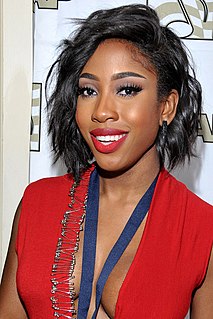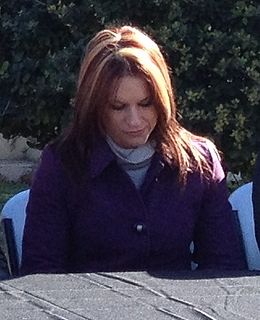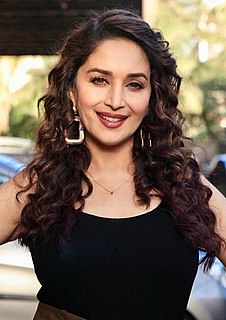A Quote by Lynn Coady
I even felt like I liked guys better than women - that men were relevant and women weren't. It took me a while to realize I'd been socialized to have a slighting view of my own gender.
Related Quotes
Sport industry is not women versus men. My biggest champions a lot of the times in my career have been those men. Not that women necessarily wouldn't, but if there are no women in the room and the door is locked, it takes a guy to unlock the door for you and let you in. We have to get better at working together in that regard, as opposed to feeling like we need to crash the door down. You don't need to bring out the ax; sometimes you can just knock. And sometimes guys will open the door for you, but for so many women who felt like they had to fight so hard, we forget that they may be allies.
If women take their bodies seriously and ideally we should then its full expression, in terms of pleasure, maternity, and physical strength, seems to fare better when women control the means of production and reproduction. From this point of view, it is simply not in women's interest to support patriarchy or even a fabled "equality" with men. That women do so is more a sign of powerlessness than of any biologically based "superior" wisdom.
Many women, particularly young women, have claimed the right to use the most explicit sex terms, including extremely vulgar ones, in public as well as private. But it is men, far more than women, who have been liberated by this change. For now that women use these terms, men no longer need to watch their own language in the presence of women. But is this a gain for women?
In real life, I knew that fandom was made up of women, and women of color, and women of all ages. But on the publishing side of comics, it was a lot of white, straight men. It was often jarring to me to be the only women at a meeting or at a panel at a comic-con. Fortunately I had mentors who were not blinded by my gender and who said, "Yes, we know you can write these books." That hasn't been the case for everyone. What gives me great hope is that in the eight to nine years since I've started, I've seen tremendous growth.
They wanted black women to conform to the gender norms set by white society. They wanted to be recognized as 'men,' as patriarchs, by other men, including white men. Yet they could not assume this position if black women were not willing to conform to prevailing sexist gender norms. Many black women who has endured white-supremacist patriarchal domination during slavery did not want to be dominated by black men after manumission.
Margaret Atwood, the Canadian novelist, once asked a group of women at a university why they felt threatened by men. The women said they were afraid of being beaten, raped, or killed by men. She then asked a group of men why they felt threatened by women. They said they were afraid women would laugh at them.
If you just look at the number of roles for women versus the number of roles for men in any given film, there are always far more roles for men. That's always been true. When I went to college, I went to Julliard. At that time - and I don't know if this is still true - they always selected fewer women than men for the program, because there were so few roles for women in plays. That was sort of acknowledgment for me of the fact that writers write more roles for men than they do for women.
Some women work while they are pregnant, but not me. That was a choice I had made. That's when I took a break. Men can work at whatever stage they are; whether they turn daddy, they still have their own thing. But women can't afford that because by being mothers, they have to be there for their kids.







































